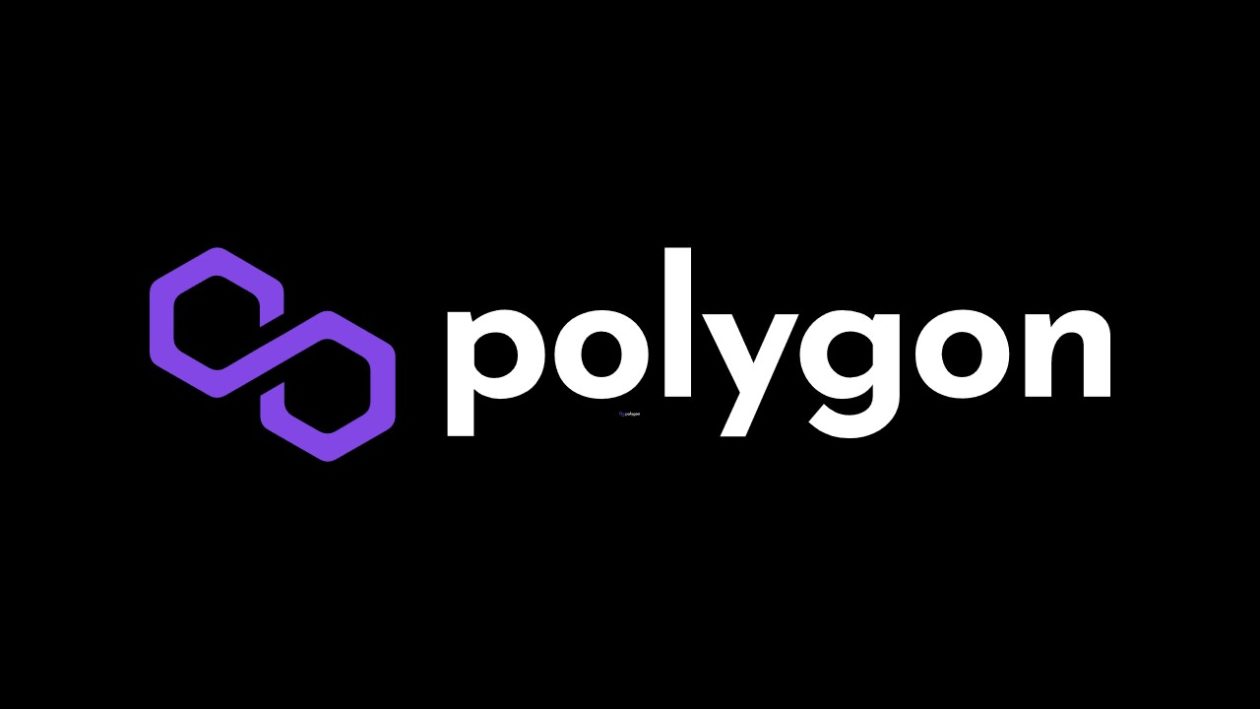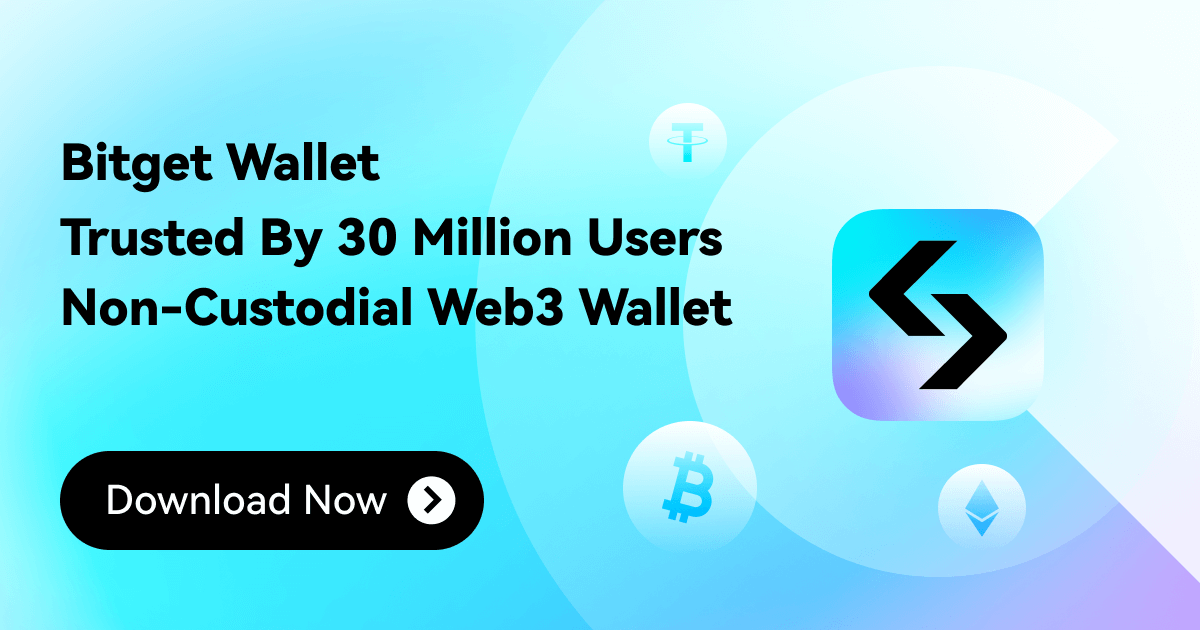Overview
Polygon is a framework, a solution for creating Ethereum-compatible blockchain networks and scaling solutions. It's more of a protocol than a single solution. So one of the main products in this ecosystem is the Polygon SDK. It assists developers in creating Ethereum-compatible networks. The familiar Polygon network is a proof-of-stake (PoS) sidechain and one of the first products to be launched in the Polygon ecosystem.

The essence of a sidechain is a parachain connected to another blockchain.
Sidechains have many advantages, one of the most notable being increased transaction throughput and low fees. Users who have used the Polygon network must have a deep understanding: compared to Ethereum, its transaction speed is amazing and the cost is extremely low. Even so, there are trade-offs in some respects to achieve such performance.
Polygon supports the Ethereum Virtual Machine (EVM), to which existing Ethereum applications can migrate with relative ease. In addition to getting an experience that rivals Ethereum, users also enjoy the high throughput and low fees mentioned above.
So, what can users do with Polygon?
The answer is undoubtedly a lower fee and faster speed to get an experience similar to Ethereum.
Features and Highlights
Two types of blockchains can be deployed on Polygon: independent chains and secure chains. An independent chain refers to a blockchain that does not rely on Ethereum's consensus to ensure security. This solution is aimed at projects that already have their own validator nodes or are looking to implement another scalability solution. These independent chains are typically used by enterprise networks or mature chains looking to integrate with the Polygon-Ethereum ecosystem. A secure chain is a chain that does not have its own verification network, but instead relies on the Polygon security layer. Polygon has an extremely high level of security, while allowing developers to choose from a variety of security solutions. These security chains are designed to help startups and projects that need reliable security systems.
The most typical of them is the Polygon PoS (Proof-of-STAKE) chain. The project adopts a proof-of-stake consensus mechanism, which is mainly achieved by regularly submitting snapshots of the Polygon PoS chain to the Ethereum blockchain. These snapshots are submitted by Polygon's 100 validators, which overcomes the low throughput problem of Ethereum and has more advantages. Fast transaction processing speed, thereby reducing the gas fee, and the user experience is guaranteed to a certain extent.
Under the characteristics of Polygon's modular design, the problem of complicating development work caused by the uncustomizable technology stack has also been solved. The modularity of Polygon allows for customization and upgradeability, and developers can use Polygon to build preset blockchain networks that meet development needs. It is beneficial to shorten the time to market of the project and save the cost of community cooperation.
Project Highlights
Polygon combines the best of Ethereum and sovereign blockchains into an attractive feature set. Built by developers, for developers.
It can fully benefit from the network effects of Ethereum;
It is inherently more secure;
High scalability;
Modular design reduces the difficulty of developers;
high interoperability;
High users brought by low fees.
 No data
No data














